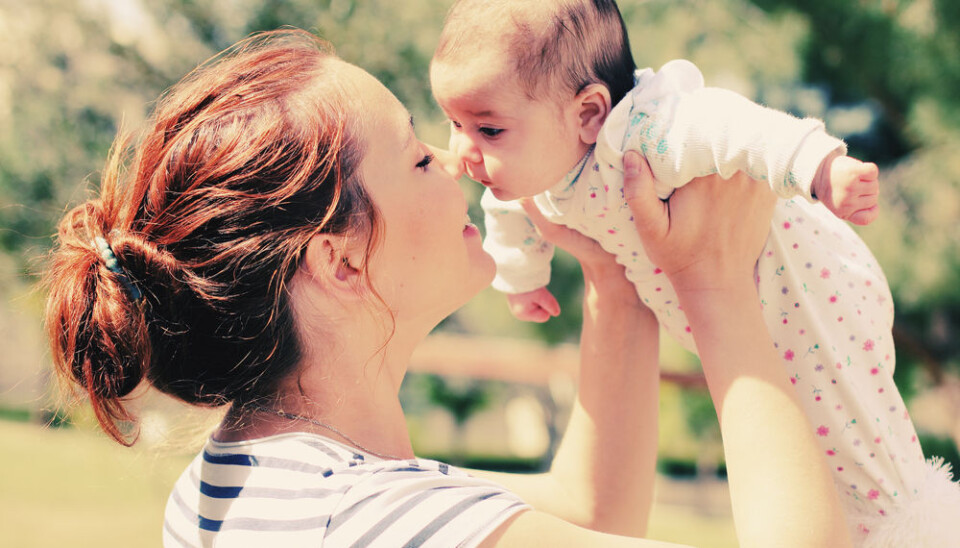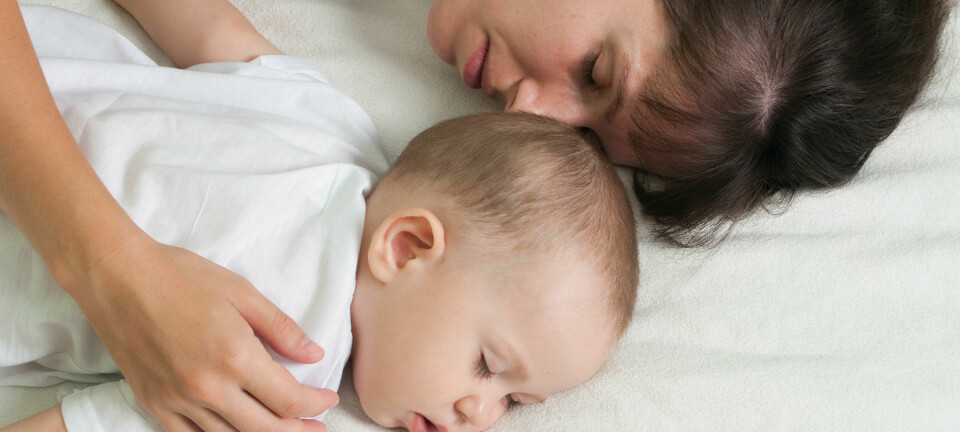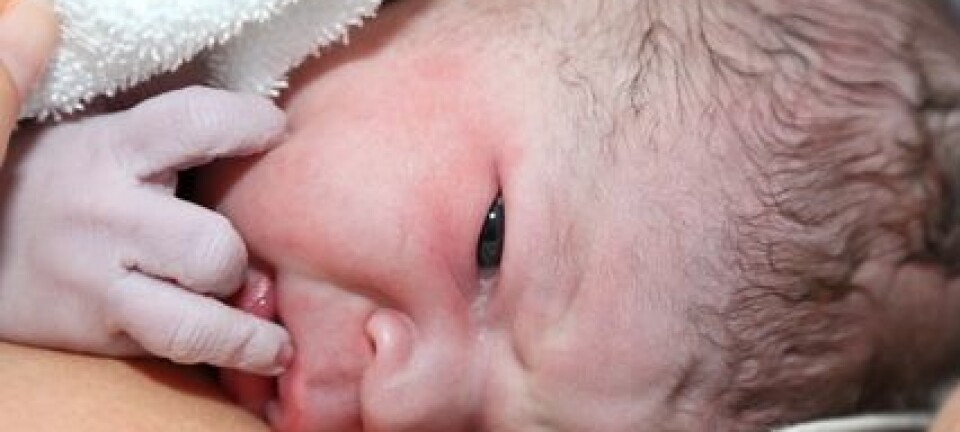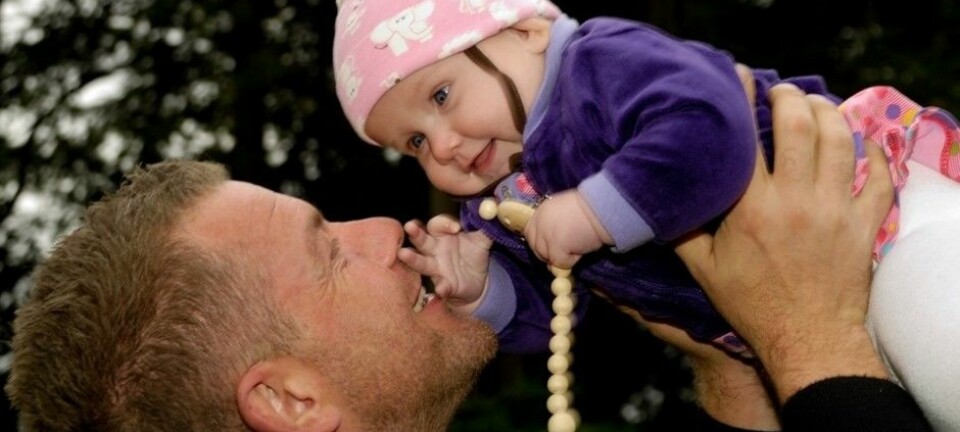
Research project will search for links between childhood and mental illnesses
A long-running European health study has the go-ahead to continue ground-breaking research into mental disorders and obesity.
A long-running research project ‘Better Health for Mother and Child’ has been given a new lease of life, with funding extended by The Danish Council for Independent Research.
The extended project will now map the connections between the early stages of a child’s development and the risks of developing disorders in the late teens, such as becoming overweight, or developing mental illnesses such as schizophrenia and bipolar disorder.
The project builds upon a previous long-running research project by the same name, which examined the links between various health problems and genetics, heritage, and environmental factors.
Previous research focused on the incidence of various health problems during pregnancy and the first year of a child’s life, and resulted in nearly 400 scientific articles.

“Our study is unique and we’ve already conducted pioneering research based on the ‘Better Health for Mother and Child’ project,” says senior scientist on the project, Professor Anne-Marie Nybo Andersen from the Department of Public Health at the University of Copenhagen, Denmark.
“It’s wonderful that we can now continue our research to include older children, up to 18-years-old. It’ll give us new insights into the causes of conditions that we don’t know much about," she says.
A 20 yearlong project continues
The ‘Better Health for Mother and Child’ survey began in 1995, when 100,000 pregnant women enrolled in the study.
On enrolling, participants were given a blood test, interviewed, and filled out a questionnaire about their lifestyle--diet, alcohol consumption, smoking habits, and medical history.
Once the women had given birth, their new-borns were weighed and measured, and blood samples were taken from the umbilical cord and stored at a biobank along with samples from the mothers.
The mothers were interviewed about the child’s health and development when they reached 6 and 18 months of age, and given a questionnaire to complete when the child reached seven.
Scientists have been tracking the progress of both the mother’s and their children via the national health registers, to see whether they subsequently developed any illnesses.
"It’s a very extensive dataset that scientists can use to examine the relationships between, for example, family lifestyle and a child's development and disease,” says Andersen.
“We can also look at the relationships between the children's genes and the risk of obesity--and most importantly, how genes and environment interact,” she says.
An association between caesarean sections and allergies
The project previously demonstrated a link between the way a child is born, and the risk of developing asthma and other allergies.
It has also given scientists a detailed understanding of the risks of drinking alcohol whilst pregnant.
Currently, the scientists are analysing data from the children to find links between the risk of obesity and the children’s diet, height, weight, activity levels, illnesses, pain, and mobility.
The next stage of the research project, which has just received the funding, will now enable Andersen and colleagues to study the children up to the age of 18.
The scientists will continue to examine the risk factors for allergies and obesity, and it will have a strong focus on the development of mental disorders.
Many mental disorders develop around the age of 17 and 18, and this affords the scientists an opportunity to explore the causes of depression, eating disorders, self-harm, and other severe mental illnesses such as schizophrenia.
"We hope to be able to map the interaction between genes and environment, when such conditions arise. I hope we’ll identify causal factors that one can change. After all, it's hard to do anything about our genes," says Andersen.
---------------------
Read the Danish version of this story on Videnskab.dk
Translated by: Catherine Jex








